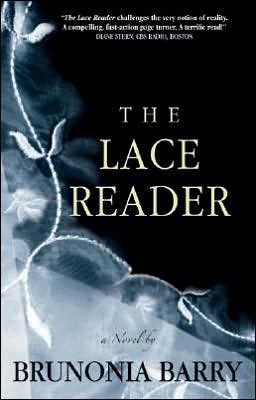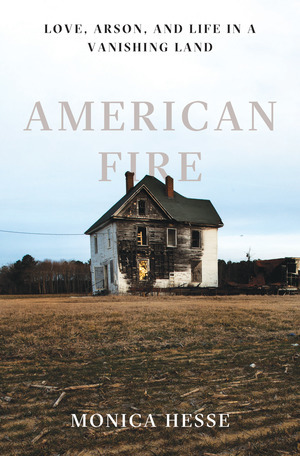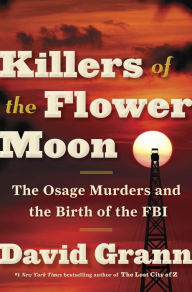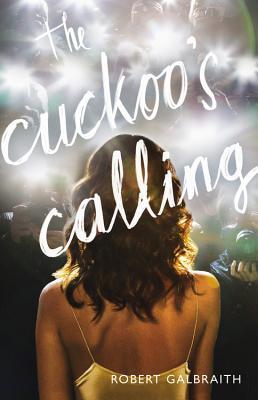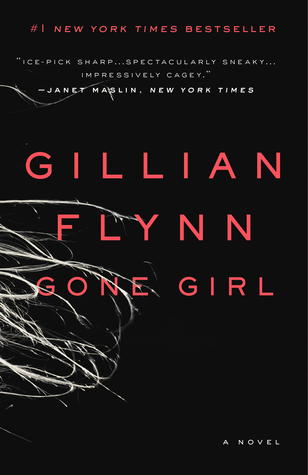 I adore true crime books. I adore things about serial killers, who are obviously terrible but are also fascinating. I've watched Criminal Minds through like six times. So when The Wilderness of Ruin popped up in the libraray's true crime category, I was intrigued. Why? Because, according to the cover, this book is supposed to be "A tale of madness, Boston's greatest fire, and the hunt for America's youngest serial killer." In reality, it is none of those things. In fact, it is three separate things: an account of the evolution and of the so-called "youngest serial killer," Jesse Pomeroy (who wasn't really a serial killer, though he undoubtedly would have become one--he killed two people, and technically you need to kill three people over a span of more than a month to be considered a serial killer), a short telling of a huge fire that swept through Boston, and a mini-biography of Herman Melville.
I adore true crime books. I adore things about serial killers, who are obviously terrible but are also fascinating. I've watched Criminal Minds through like six times. So when The Wilderness of Ruin popped up in the libraray's true crime category, I was intrigued. Why? Because, according to the cover, this book is supposed to be "A tale of madness, Boston's greatest fire, and the hunt for America's youngest serial killer." In reality, it is none of those things. In fact, it is three separate things: an account of the evolution and of the so-called "youngest serial killer," Jesse Pomeroy (who wasn't really a serial killer, though he undoubtedly would have become one--he killed two people, and technically you need to kill three people over a span of more than a month to be considered a serial killer), a short telling of a huge fire that swept through Boston, and a mini-biography of Herman Melville. This book was pretty awful. Why? There is absolutely nothing in these three narratives to tie them together. Montillo tries for a "well, the fire happened while Jesse lived in Boston, and Melville probably read articles about Jesse and was interested in mental illness!" as an explanation for why these three things comprise the book, but it's a very weak explanation and doesn't work at all in context. The fire takes about two chapters and is never mentioned again. There is no "hunt" for Jesse Pomeroy; because he'd assaulted younger children before, the police knew exactly where to look when they found a body that matched his MO and had him arrested in pretty short order. I kept expecting a jail break or something that would lead to an actual hunt, but that never happened. And the Herman Melville thing was just...weird. I have no idea why a biography of Herman Melville occupied approximately a third of this book. In addition to these three main threads, other random topics are delved into with an amount of detail that wasn't appropriate for what was going on in the larger narrative, such as the production of dime novels or penny dreadfuls. Montillo seems to want to tackle the ethics of Jesse's sentencing--both the death sentence and his commuted life in solitary confinement sentence--but doesn't really do so well; perhaps she was afraid of getting too political?
The writing itself wasn't bad, but the content was scattered and the structure did not hold together. This seemed like it was going to be fascinating, but really was just disappointing. Talk about a premise that did not deliver.
1.5 stars out of 5.
